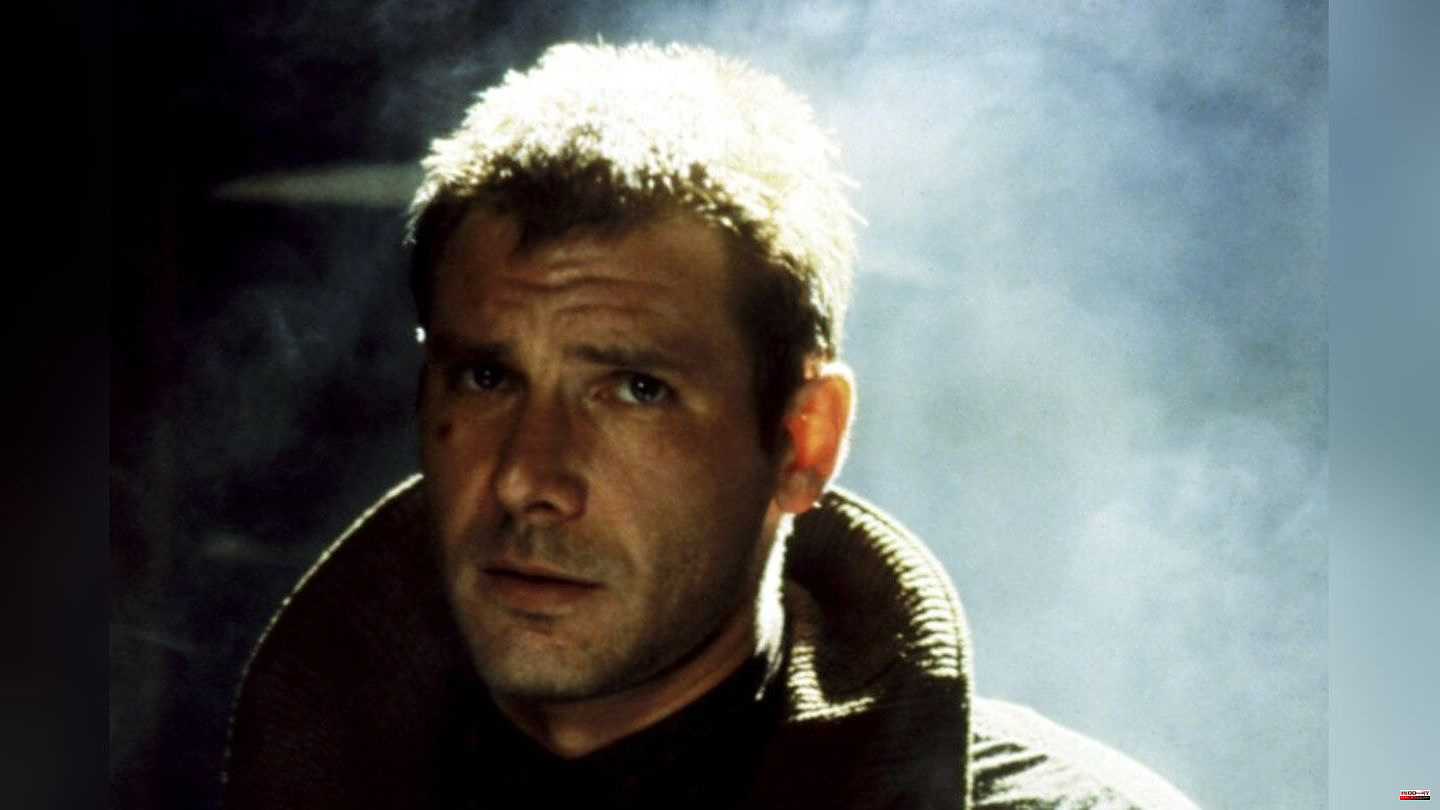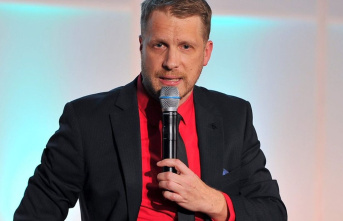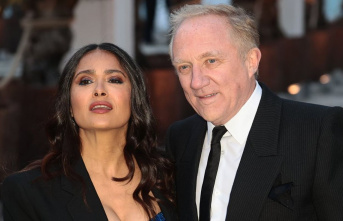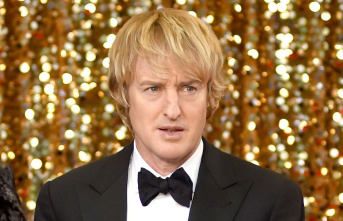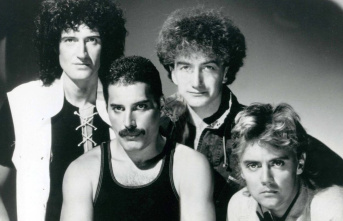"Blade Runner" by Sir Ridley Scott (84) is one of the few films that are based on a novel and not only do justice to them, but even know how to surpass them. The beautiful book title "Do androids dream of electric sheep?" by Philip K. Dick (1928-1982) may have been swapped out in the film for reasons of bulkiness. As a sci-fi dystopia meets film noir, "Blade Runner" is bursting with comparable philosophical and existential questions. However, when the film was released in German cinemas on October 14, 1982, it was not so well received - the road to becoming a cult film was rocky.
The plot of "Blade Runner" is not easy to digest. As Rick Deckard, a kind of Philip Marlowe of the 21st century, Harrison Ford (80) torments himself through a dirty, overpopulated, unforgiving juggernaut. In the eternal smog of the big city, huge hologram advertisements waft through the fog, most animal species have long since been swept from the planet, the viewer can literally smell the rubbish of the failed future civilization.
Ford's main character is not noble either - the "Blade Runner" has the task of bringing renegade replicants into "retirement". Replicants are artificial humans made by the mighty Tyrell Corporation, designed to do the dirty work and nothing else. In order not to give them the opportunity to develop themselves, a limited lifespan of four years was implanted in them.
A small group from the state-of-the-art Nexus 6 series is still protesting. Under their leader Roy Batty (Rutger Hauer, 1944-2019) hide some of the visually indistinguishable replicants on earth. But the further Deckard's hunt for the equally charismatic and wildly determined Batty progresses, the more he questions his actions - and even more so his own existence.
The ambivalent character drawing in "Blade Runner" did not make it easy for cinema viewers to identify with the supposed hero of the story. The visually impressive, but depressing look of the strip and its open to interpretation storyline did the rest. In short: "Blade Runner" flopped at the box office, although or precisely because the film studio didn't believe in Scott's vision and a happy ending along with an unmotivated voice-over by Ford clapped at the end.
The different cut versions of "Blade Runner" alone would provide enough material for a doctoral thesis. Just this much: There is, among other things, the US and international version from 1982, a "Director's Cut" (1992) and a "Final Cut" (2007). It wasn't until the latter issue, however, that Scott enjoyed full creative say. The explanation bear voice overs were already a thing of the past from the "Director's Cut", the happy ending gave way to an open ending. Also, the newer versions include a scene with a unicorn, which strongly suggests that Rick Deckard might be a replicant himself.
Similar to years later with another film adaptation of the novel, "Fight Club" by David Fincher (60), "Blade Runner" blossomed into success through video cassette sales and rentals via video stores. The philosophical, socially critical and ethical readings of the film also made it a frequently discussed work in academic circles.
For many, the highlight of "Blade Runner" comes from the Netherlands and goes by the name of Rutger Hauer. As doomed replicant Roy Batty, he not only has a screen presence to rival Ford's.
On the one hand, the platinum blonde killer machine murders its way through the hated humanity and, on the other hand, holds a final monologue worthy of Shakespeare about the beauty and uniqueness of existence. Holding a white dove, he says, "Giant ships burning, out off Orion's shoulder. And I've seen C-Beams, glittering in the dark, near Tannhauser Gate. All those moments will be lost in time , like tears in the rain. Time to die".
When it became known that director Denis Villeneuve (55) would be making a sequel 35 years after "Blade Runner", the alarm bells rang despite the filmmaker's quality, which had been repeatedly demonstrated. The great concern was that it could only go wrong and pollute the legacy of the cult film. But Villeneuve gave his critics the lie and with "Blade Runner 2049" created a film that pays tribute to the original visually and narratively, but at the same time is able to stand on its own two feet.

